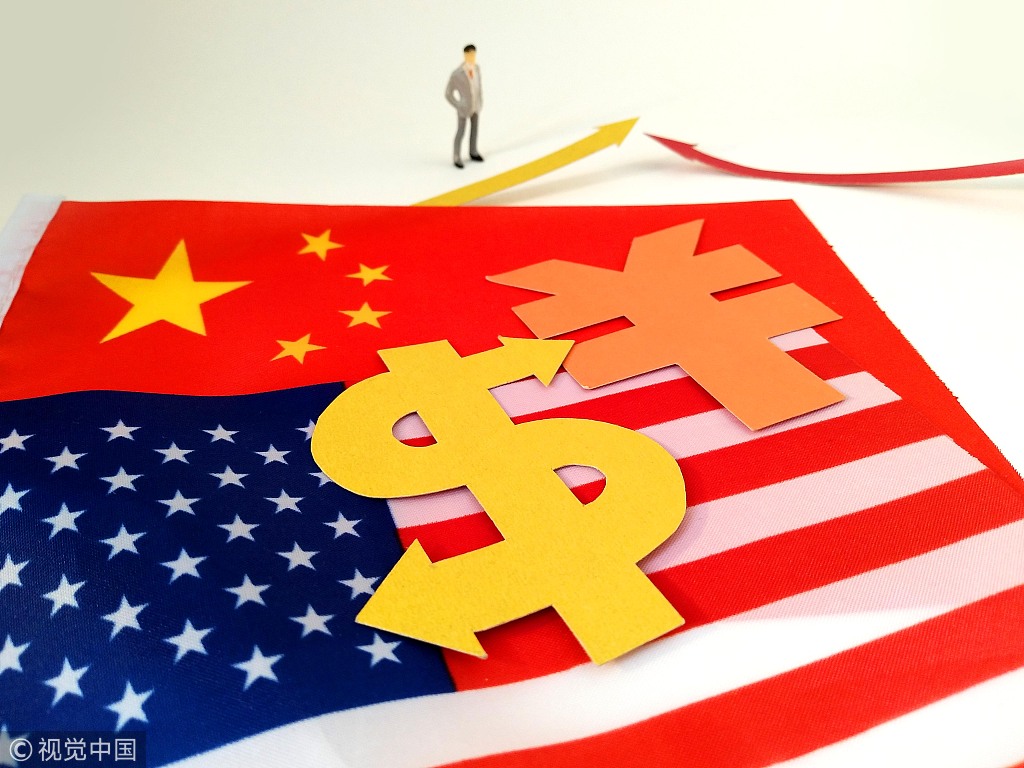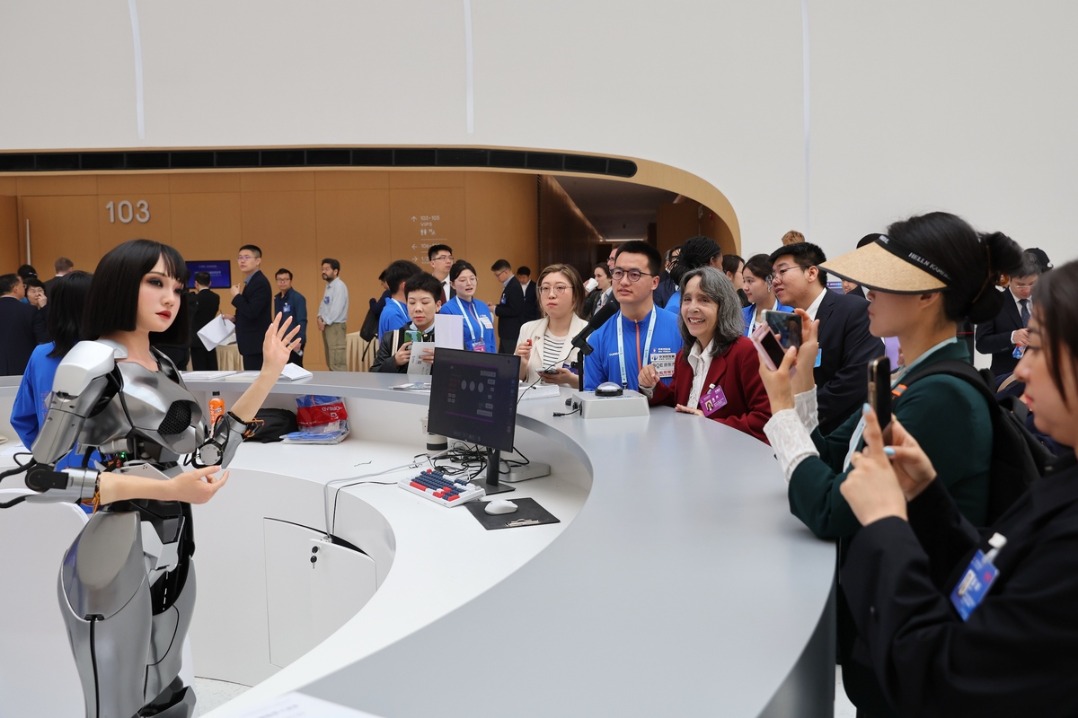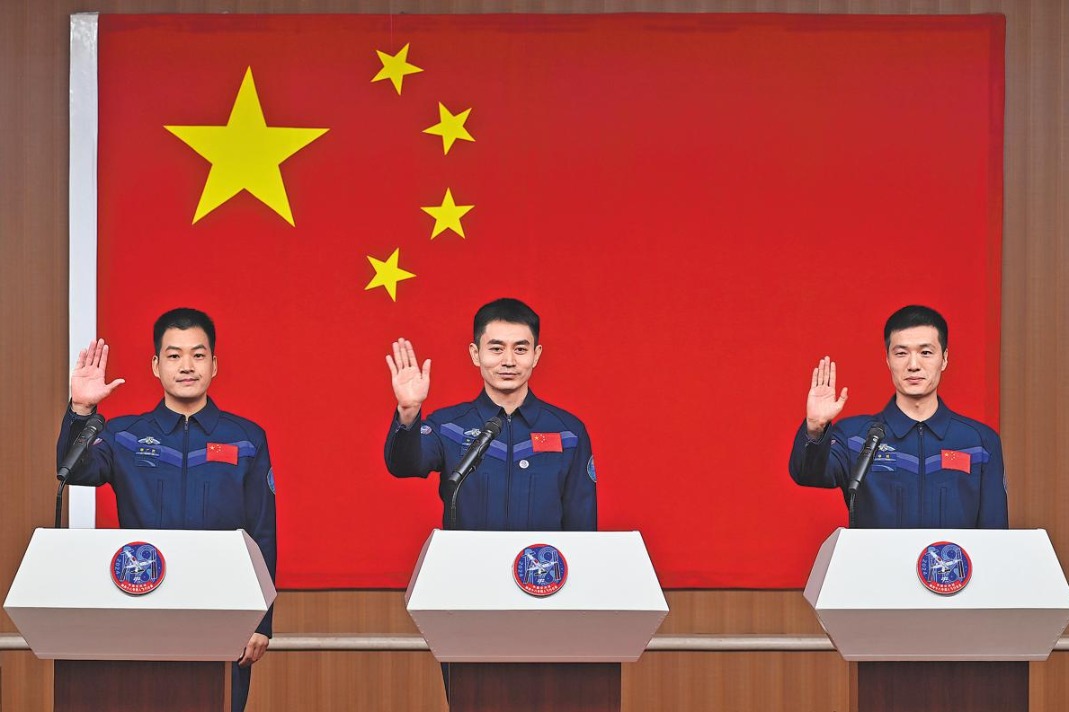Self-destructive trade war launched by Trump


The escalation of trade war between China and the US with the recent imposition of punitive tariffs on each other will have repercussions on domestic and international markets and will not bear the desired result for the Trump’s administration.
Despite China’s proposal to resolving the trade friction through dialogue, Washington took its most aggressive step as it imposed tariffs on $34 billion worth of Chinese goods, including medical devices and airplane parts, and threatened billions of dollars more in the coming months, forcing Beijing to immediately respond with tariffs on an equal volume of American soybeans, pork, automobile and other products.
Trump’s steel and aluminum tariffs were also retaliated against by Mexico, Canada and the European Union, who threatened to reciprocate if the US continues to levy a 20 percent tariff on imported cars and car parts.
Trump’s administration adopted coercive economic measures to force both its proponents and opponents to reduce their trade surplus with the US and leave larger market space for US agricultural and energy products. Trump cited national security concerns, theft of intellectual property and “unfair trade practices” to back its decision against Chinese products.
On the surface, the trade war seemed “easy to win” for Trump, but engaging Mexico, Canada and European Union, besides China, in the game, means no winner will emerge out of it and all the engaged states, including the US which is the main player, will sustain harm.
Although the tariffs with China would shave only 0.1 percent off both the US and Chinese gross domestic product in the next two years, according to the calculation of Oxford Economics, some sectors and industries have fallen victim to this game. For example, soybean prices have declined 15 percent since May 25 in light of the Chinese retaliatory tariffs. Moreover, Mid-Continent Nail of Missouri laid off 60 employees, Harley Davidson, a 117-year-old US motorcycle manufacturer, said it would move more of its production overseas because of EU’s retaliatory tariffs, and BMW and General Motors are warning about rising automobile prices – all citing the tariffs. Likewise, US semiconductor chipmakers Intel and Qualcomm, which generate $15 billion each in annual revenue in China, are worried by Trump’s plan of levying tariffs on chips imported from China.
A poll conducted at George Mason University regarding the positive or negative impact of Trump’s “taxes known as tariffs” against China and its retaliatory act, 56 percent of voters believed it will put an adverse effect on employment, 73 percent worried about its impact on them and 78 percent said it would affect the price of products adversely.
On the other hand, Chinese equities are down 20 percent on the year’s high in January and the Shanghai Composite Index dropped 0.9 percent, extending its loss in the past four weeks to 12 percent.
This game is self-destructive for the Trump’s leadership since China serves as a huge market for American companies. For instance, the number of cars sold by General Motors was higher in China than in the US last year, and there are 310 million active iPhones in China, more than twice the number in the US. For Apple and Intel, almost a fourth of their revenue comes from China. For Broadcom and Microsoft each, China accounts for a 10th of their revenue. Google dreamt to return after shutting down its Chinese research engine in 2010. Last year, US exports to China increased to $130 billion.
Both China and the EU are against the US’ unilateral policy and the imposition of tariffs is “totally unacceptable” for EU and called “blackmail” by Beijing. China is the biggest market for the EU’s goods and commercial services and second-largest trading partner after the US. Supporting multilateral system and economic globalization, China and the EU will strengthen their economic ties more than ever before. If China seeks more investment in and broader trade with the EU, the US will be the largest victim of its own unilateral policy and the main loser of its self-initiated game.
To avoid the worst-case scenario, both sides are supposed to practice upon the principles of openness and liberalization and resolve the issue through dialogue, which is the only win-win result. In effect, the head-on confrontation and sentimental approach toward economic issues will be counterproductive and there will be no winner at all. Hence, the ball is in the US’ court whether or not to hold the dialogue with China to end the trade war.
The author is an Afghan journalist and freelance writer based in Beijing.


































